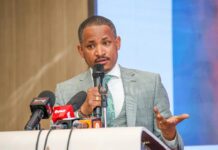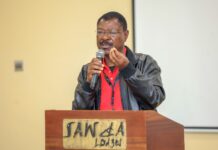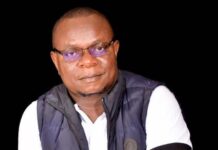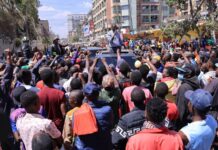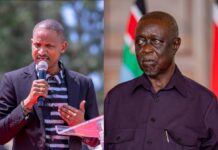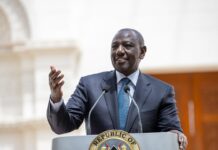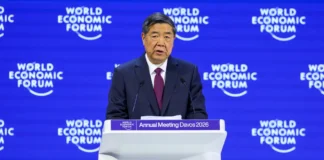As the African Union (AU) prepares for its upcoming elections, member states are focusing on a seamless leadership transition for the African Union Commission (AUC).
The electoral process will commence on February 12, 2025, in Addis Ababa, Ethiopia, where the Executive Council will elect six commissioners during its session on February 12-13.
Subsequently, the Assembly of Heads of State and Government will convene on February 15-16 to elect the Chairperson and Deputy Chairperson.
The race for the Chairperson position is heating up, with three prominent candidates vying for the role: Kenya’s Raila Odinga, Djibouti’s Mohamoud Youssouf, and Madagascar’s Richard Randriamandrato.
They seek to succeed Moussa Faki from Chad, who will complete his two-term tenure that began in 2017.
To win, a candidate must secure a two-thirds majority from the Heads of State of the 55 AU member countries.
Voting will occur via secret ballot, continuing until a candidate achieves the required majority. The process will involve up to three rounds of voting, a system reminiscent of the protracted 2017 election in which Faki triumphed over former Kenyan nominee Amina Mohamed after seven rounds.
The role of AUC Chairperson encompasses significant responsibilities, including serving as the Chief Executive Officer of the AU and acting as its legal representative. This position oversees the Commission’s administration, finances, and the execution of AU objectives.
Raila Odinga has embarked on an extensive charm offensive since August 2024, securing vital endorsements from 19 African heads of state, supported by an unlikely ally, President William Ruto.
Countries such as Togo, Zambia, and the Democratic Republic of Congo have all pledged their support for the former Kenyan Prime Minister.










